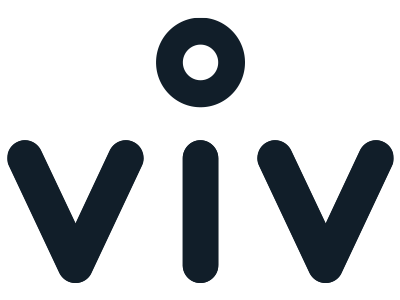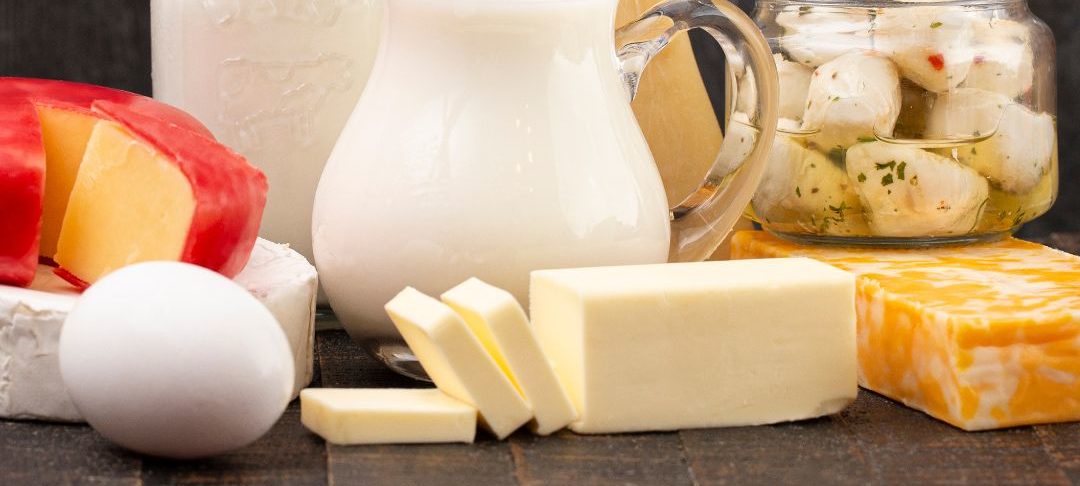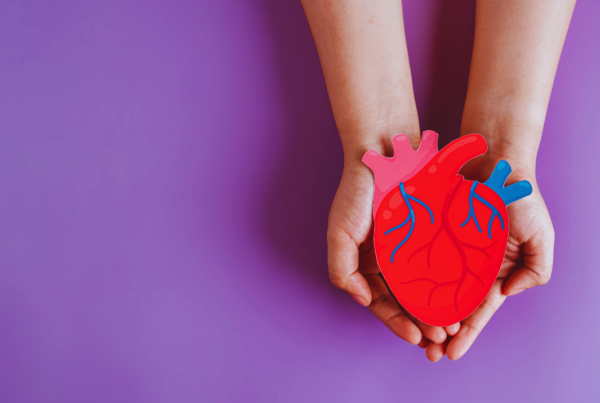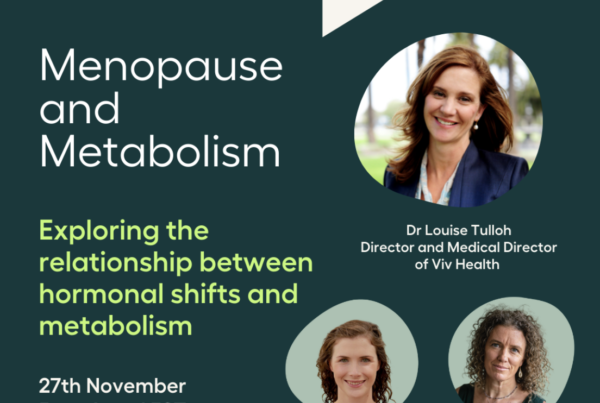Our bodies need a bit more calcium in midlife
Our bodies require all sorts of different building blocks in addition to fuel to stay healthy. One of those building blocks is calcium – an essential mineral needed to maintain healthy bones and teeth, regulate muscle contractions, clot our blood, maintaining heart rhythm and support nerve function. Most of our calcium (99%), is stored in our bones so measuring it in our blood doesn’t tell us much about our body’s stores.
Our blood calcium levels need to be steady and parathyroid hormone is responsible for controlling this – by taking it from our bones and delivering calcium into the blood, by activating vitamin D to increase absorption from the gut and at the same time, signalling the kidneys to excrete less in the urine. In this way, blood calcium is tightly regulated, but sometimes at the expense of bone stores.
Oestrogen is a hormone that also helps increase calcium absorption and blocks the bone from breaking down and releasing it. As such, after menopause, there is a risk of developing low bone density or even osteoporosis due to loss of oestrogen’s bone-protective action.
To ensure that we’re getting enough calcium, it’s important to incorporate calcium-rich foods into our diet. Some of the excellent sources of calcium include dairy products such as milk, cheese, and yogurt, as well as fruits, leafy green vegetables, nuts and seeds and seafoods such as salmon, sardines, and prawns. Broccoli, watercress, rhubarb and almonds are particularly great sources for those on a dairy-free diet.
The recommended daily intake of calcium for middle-aged women is 1200 mg each day. While getting enough calcium is essential, too much calcium can also pose risks to our health. Consuming excess calcium, particularly from supplements, can increase the risk of kidney stones, constipation, and interfere with the absorption of other essential minerals like iron and zinc. The most important complication is the potential calcification of our arteries, making them stiff, more susceptible to traumatic injury and even contributing to heart disease.
Vitamin D and K2 are also essential for the proper absorption and regulation of calcium in the body. Vitamin D helps our bodies absorb calcium, while vitamin K2 helps transport calcium from our bloodstream and into our bones, where it’s needed.
Like calcium, vitamin D can be obtained through certain foods like fatty fish, egg yolks, and fortified dairy products. However, our bodies can also produce vitamin D (which makes it technically a “hormone”) when exposed to sunlight. Try to get 10 minutes of sun exposure around midday, assuming around 25% of your skin is exposed. This needs to be balanced with UV protection and it is very common for our vitamin D levels to fall in winter. Our skin colour also impacts how well we make vitamin D. Measuring vitamin D blood levels is often helpful to check you don’t need supplementation.
Vitamin K2 is found primarily in fermented foods like cheese, fermented soybeans, pate, grass-fed butter
and egg yolks.
A note on calcium and protecting bones
Many women mistakenly believe taking calcium supplements will protect their bones, but calcium is only a building block, along with protein, other minerals (phosphorous, magnesium, zinc plus a host of others), vitamins D and K2. For bone to actually use the building blocks for remodelling itself requires instructions in the form of hormones (eg oestrogen, testosterone, growth hormone) or mechanical stress such as in heavy exercise. We know that when astronauts go into space their bones get soft as there is no mechanical stress placed on them. When they return to earth’s gravity, the bones respond and get stronger again. Calcium alone does not protect them in the absence of mechanical stress and it won’t protect menopausal women either! On the flip side, if there is insufficient dietary calcium, the body will borrow the calcium from bone stores and might not pay it back.
As we age, our bodies become less efficient at absorbing these important nutrients from our diet. Therefore, it’s essential to ensure that we are getting enough of these vitamins and minerals through a combination of food and, if necessary, supplements, so we can support our body’s needs, maintain our bone health, and enjoy optimal health and functioning as we age.
Find out the calcium content of various foods here
This information is for general educational purposes only and does not constitute medical advice. Please see your health professional for advice that is personalised to you.
Key Take Aways
Midlife women need 1300mg of calcium a day
Dairy foods, leafy greens, fruits, nuts, seafoods and calcium-fortified foods are good sources of calcium
Healthy bones need calcium but also hormones and heavy exercise






